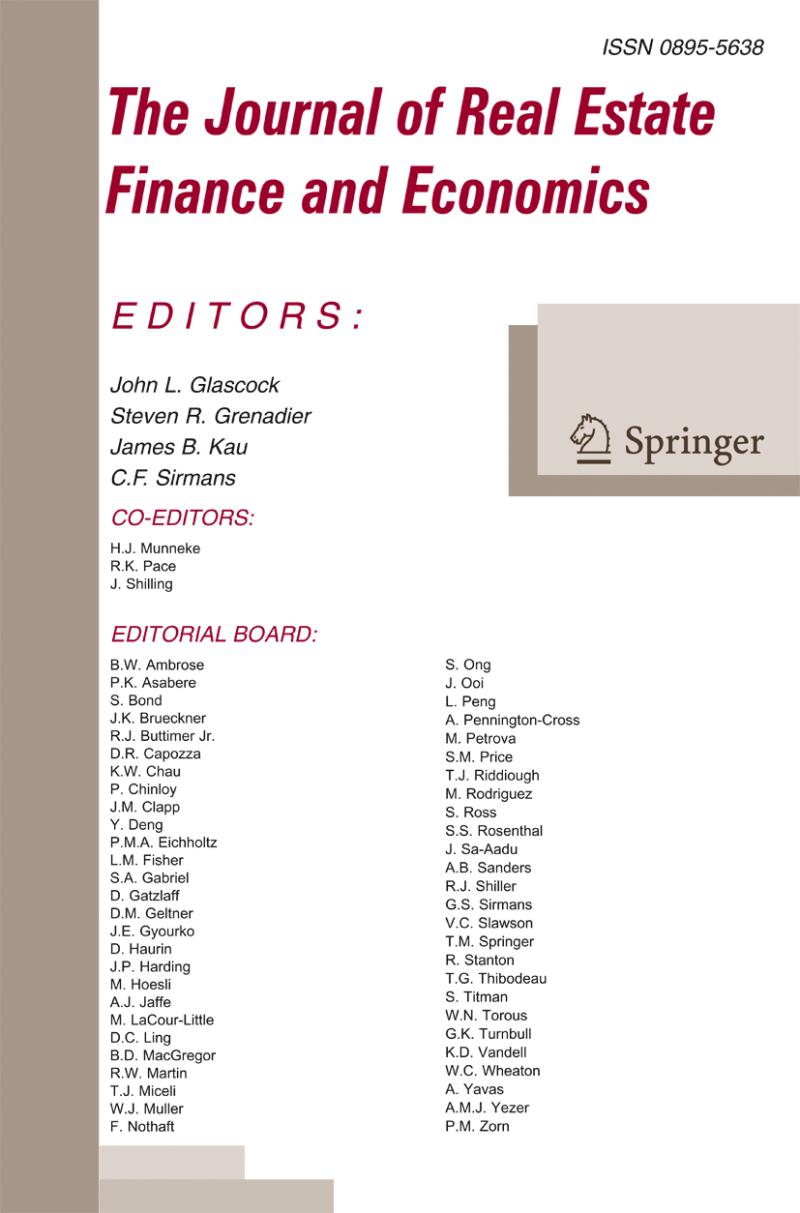
A new article by a RILSA researcher published in the Journal of Real Estate Finance and Economics
Umut Ünal, Head of the Macroeconomic Analysis Department at the Research Institute for Labour and Social Affairs (RILSA), has recently published an article in the prestigious “Journal of Real Estate Finance and Economics” (Springer).
For those intrigued by the influence of immigration on the housing market in Europe’s premier immigrant destination, this paper is a must-read. The paper, entitled The Effect of Immigration on Housing Prices: Evidence from 382 German Districts, led and co-authored by Umut Ünal, provides evidence of the causal impact of immigration on housing prices and rents using an extensive dataset from Germany that covers 382 administrative districts over the period 2004-2020.
Employing the panel-data approach and a manually constructed instrument, the study reveals that international migration exerts a significantly positive short-term impact on flat prices and rents. House prices are not significantly affected. The results demonstrated that an increase in international migration of 1% of the initial district population causes a hike in flat prices of up to 3% as well as an increase in flat rents of around 1%. The increase in flat prices is more than twice as high as this figure at the lower end of the market, whereas the flat rental market rates a more linear response. The paper also reveals that the impact of immigration on flat prices and rents does not significantly differ across rural and urban areas within the country.
Forming an understanding of the causal relationship between immigration and housing markets is crucial for predicting market trends and making informed decisions in terms of real estate investment and urban planning. By highlighting the differential effects on flat prices, particularly at the lower end of the market, the study underscores the socio-economic implications of immigration, including potential increases in living costs for lower-income residents. This insight is vital for shaping social welfare and housing affordability policies.
As with Germany, the Czech Republic is experiencing significant immigration, particularly in urban areas such as Prague. The study has the potential to inform Czech policymakers of the potential impacts of immigration on local housing markets, guiding both short-term responses and long-term urban planning. The various insights from the study can help the Czech authorities in terms of formulating strategies that not only accommodate the influx of immigrants but also leverage this demographic change so as to boost economic growth. Effective integration acts to expand the workforce and the consumer base, thus stimulating the economy. By addressing potential housing market strains proactively, the Czech Republic, where urban housing space is often limited, is able to maintain social cohesion and prevent the conflict that could arise from housing affordability disparities.
The article can be accessed here.
